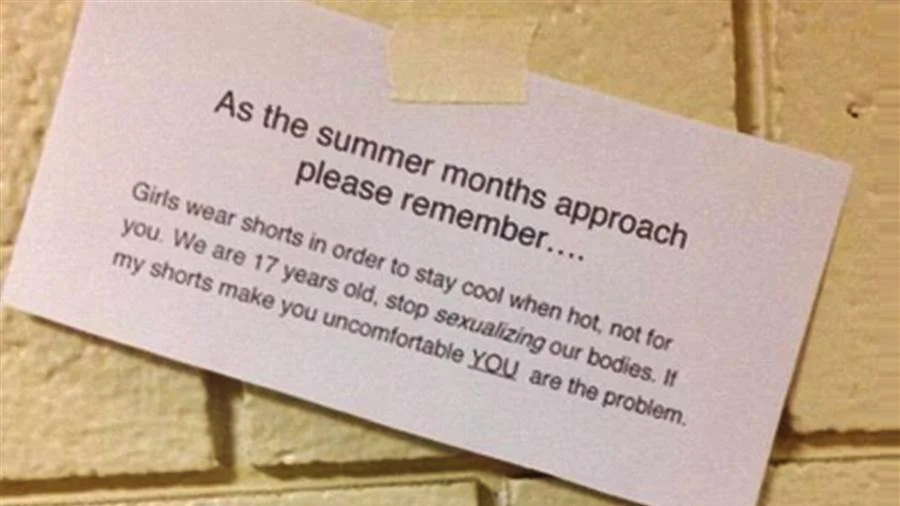In August of 2015 I took a week-long vacation to Cuba with my family. I was so excited for the trip, Cuba has for years fascinated me, from the polarizing figure of Fidel Castro to the stories of my relatives leaving Cuba to escape the upheaval of the Revolution of 1959 to start a new, better life in the United States. During that time my views of Castro and his regime has been similar to other Americans, in that he was a dictator who made Cuba into a police state. Yet the story is much more complicated than that, and my trip showed me that Cuba's story isn't so black and white as it has made out to be.
My Mother booked a "Cultural Tour", through a tourist agency which is why we were even able to go, since the United States does not allow travel to Cuba freely. We were going to Cuba during a very exciting time, that week The U.S. embassy was reopening for the first time since 1961 when diplomatic ties severed between the two nations, we were about to witness history. The flight we took from JFK went straight to Havana, something that had started only a month before. The check in point was near baggage claim in a small area of the airport. On line with us were mostly all Cuban families with TVs, furniture, play stations and other goods wrapped up in blue plastic. Right then I realized this wasn't going to be a normal summer vacation to a tropical island. We arrived at Jose Marti Airport in Havana Cuba on a Friday afternoon. The airport is very small and split into two sides, arrival and departure. When walking into customs you are transported back to 1950. The room is filled with private booths with a door with blurred windows so it's impossible to see the person who goes in. After getting through customs and waiting almost two hours to get our luggage. We finally met up with our driver. That's when our experience began. As we were driving to downtown Havana, you could smell the fumes in the air, old fashioned Fords, Buicks and Chevrolets lined the streets; all in funky colors of baby blue, red and yellow, along with people riding horse buggies. Me, my Mom and Brother looked at each other with amazement.
I remember when we were driving through the city thinking, "This is how people live?". The buildings were deteriorating, some had collapsed, there weren't any windows in apartments. Clothes and linens hung all over outside, kids were playing outside with little pieces of things that once looked like parts of toys. There were no supermarkets, department stores or pharmacies in sight. When we got to the hotel. It felt like all the people hanging out outside were looking at us like we were aliens. Before we came to Cuba I thought that I was going to see a bunch of very sad people living in poverty. Instead what I saw were people partying, laughing and dancing. They seemed to be the happiest people in the world despite having very little materialistic things. Across from my hotel room was a big family that lived on the top floor of a building that had a makeshift roof. I watched them like hawks since there was no internet or T.V. to entertain me in the time I was in the Hotel. However, from the time that I watched them I realized how much Cubans value family. The grandparents would be playing with the grand kids. The father would come out on the roof and be playing with the children and the family dogs every evening. The wife would be making dinner for what looked like twenty people. These people would be crowded around one Television at night and laughing all hours of the night. To me, they seemed to have nothing, but to them, they had everything they wanted.
On our trip we got the real experience, we drank and ate with the locals. We visited sites and monuments to the Revolution, even rode a soviet truck up the Sierra Maestra Mountains where Castro and his rebels waged guerrilla warfare. We also learned about Cuban art and visited Ernest Hemingway's house. Everywhere we went, all I saw were people literally dancing or singing. Even workers working, I also saw that Cubans are rainbow people, coming in all different shapes and sizes. I didn't feel out of place being a tall white boy. My trip showed me that the Cubans are the backbone of Cuba. Their dream in achieving freedom haven't faltered, even when living in a world with limited freedom. I was surprised to learn that Cubans have access to healthcare, education and that there's virtually no racism, crime or prostitution. However, despite this, several Cubans I asked, did express their displeasure with the government. Saying that getting jobs is hard and that they hope the new relations with the U.S would open the door for the embargo to end. It seemed to me, that Cubans have a firm belief that the embargo is the one thing holding them back, and that the ending of it will finally see Cuba return back to prosperity. If that is actually true remains to be seen, as personally, I believe that the government moving to a more democratic form of government will truly see Cuba become a more modern, unified nation.
Lastly I found myself questioning my opinions about Castro. When driving around Cuba, you see bill boards and monuments. All to the July 26th movement. Yet what you don't see is anything made for him. All the monuments are of other Cuban revolutionaries, the likes of Che Guevara, Camilo Cienfuegos, JosŽ Mart’ and Frank Pais. Our guides told us he did this to not create a cult of worship around himself. Perhaps he did it for propaganda purposes, or maybe he did because he really did want the revolution to be about the people and not himself. It's hard to really say, because he's so charismatic that you almost forget he's the guy who has committed human right violations on his own people.
My trip only lasted a week, yet in that short amount of time. Being without internet, phone and T.V. really helped make my experience more memorable. It allowed me to get to know new people from a place that is entirely different than mine, I was able to able to see how grateful I am for my family and friends. It also made me realize that no matter how hard I think my life is, the Cuban people have it ten times worse than I do and are still able to have a good time. Lastly, the new connection that I made with my heritage will forever make me feel proud to be a Cuban American and not the other way around.
~ Alex Gisondi





















